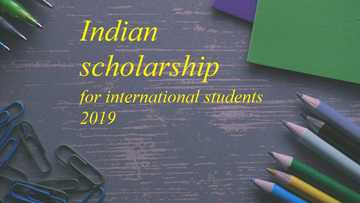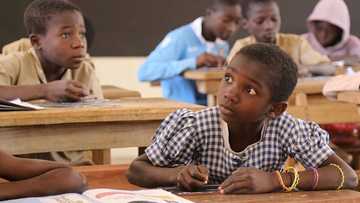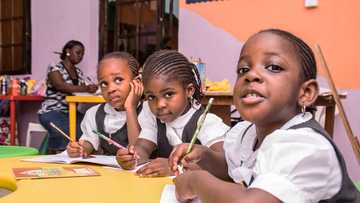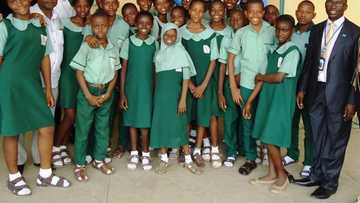Education in Nigeria: old and new curriculum
Education is an important element in every person’s life. Countries struggle to create the most suitable way of educating their young; some excel at it, some not so much. Education in Nigeria from 1960 has been a rocky field, but significant steps toward progress have been made. In this article, we want to tell you about education in Nigeria today, the new curriculum and whether it is working. Learn more education in Nigeria facts here!
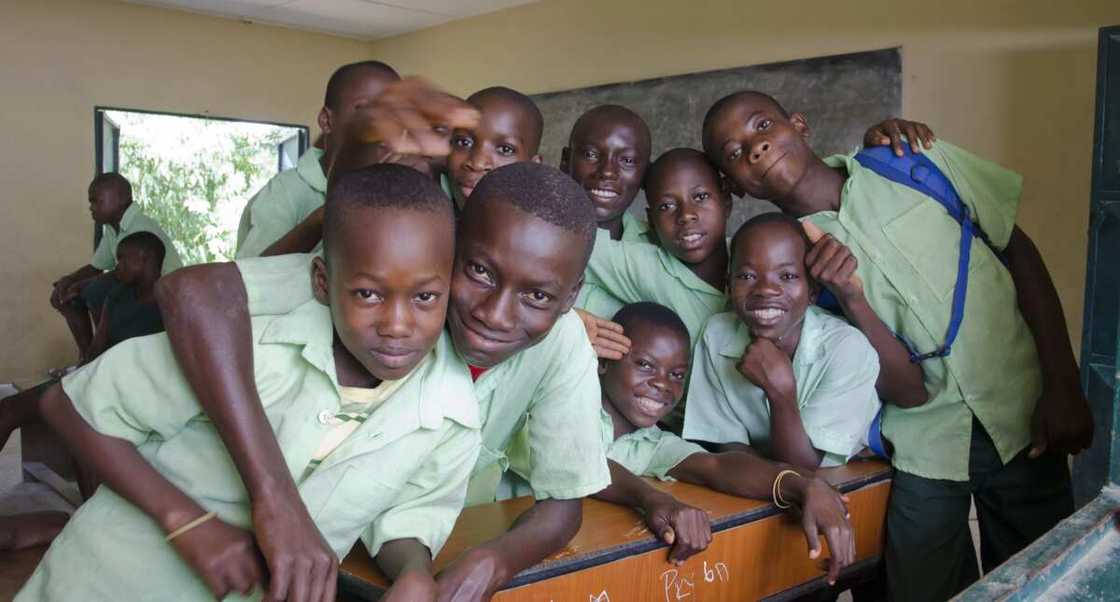
The 2008 curriculum

For years, education in Nigeria has been a major concern. Up until 2008, the school system and curriculum were muddled and confusing for both teachers and students. However, in 2008, Nigerian Educational Research and Development Council (NERDC) introduced the new education curriculum for a 9-year basic education system.
It was meant to raise a new generation of Nigerian citizens who would be able to survive in the modern world. The subjects were supposed to teach young Nigerians basic skills and to help them choose their future vocation.
The new system consists of three-year parts: Lower basic (Primary education, 1-3 grades), Middle basic (Primary education, 4-6 grades) and Upper basic (Junior Secondary School (JSS), 1-3 grades). Each part had a curriculum, which was comprised of 10 to 16 separate subjects. You can see the image above for the full list.
This new curriculum lasted until 2014, when many changes were introduced.
New 2014 curriculum
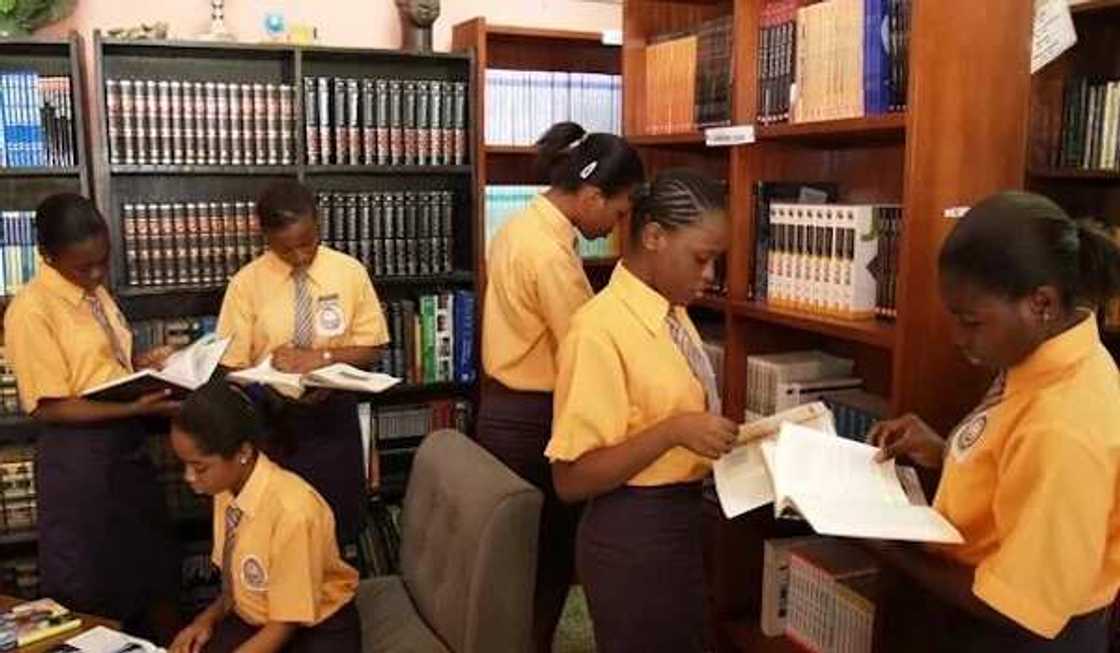
After 6 years of mostly successful Basic Education Curriculum (BEC), NERDC decided to listen to people’s feedback on the new system. Therefore, September of 2014 saw the new, revised BEC. The original 2008 version of the curriculum was revised, some subjects were added, while others were merged together or completely removed. The subjects are now as follows:
1. English Studies (English language, literature in English)
2. Mathematics
3. Nigerian Languages (meaning one of the three main native languages: Hausa, Yoruba, and Igbo. Schools select the language to be taught)
4. Basic Science and Technology, or BST:
⚫ Physical and Health Education (PHE)
⚫ Basic Technology
⚫ Basic Science
⚫ Information Technology
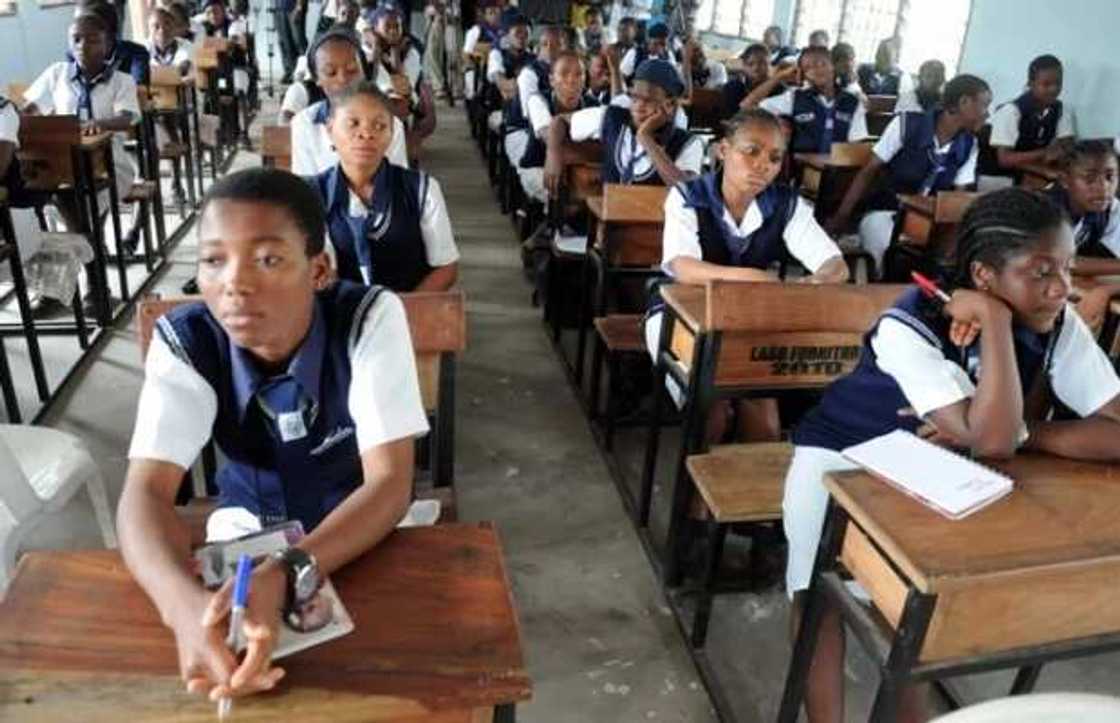
5. Cultural and Creative Arts
6. Pre-Vocational Studies (introduced in year 4 of Primaries):
⚫ Agriculture
⚫ Entrepreneurship
⚫ Home Economics
7. Religion and National Values:
⚫ Islamic Studies / Christian Religious Studies
⚫ Civic Education
⚫ Social Studies
⚫ Security Education
8. French language (introduced in year 4 of Primaries)
9. Business Studies (introduced in year 1 of Junior Secondary)
10. Arabic (optional)
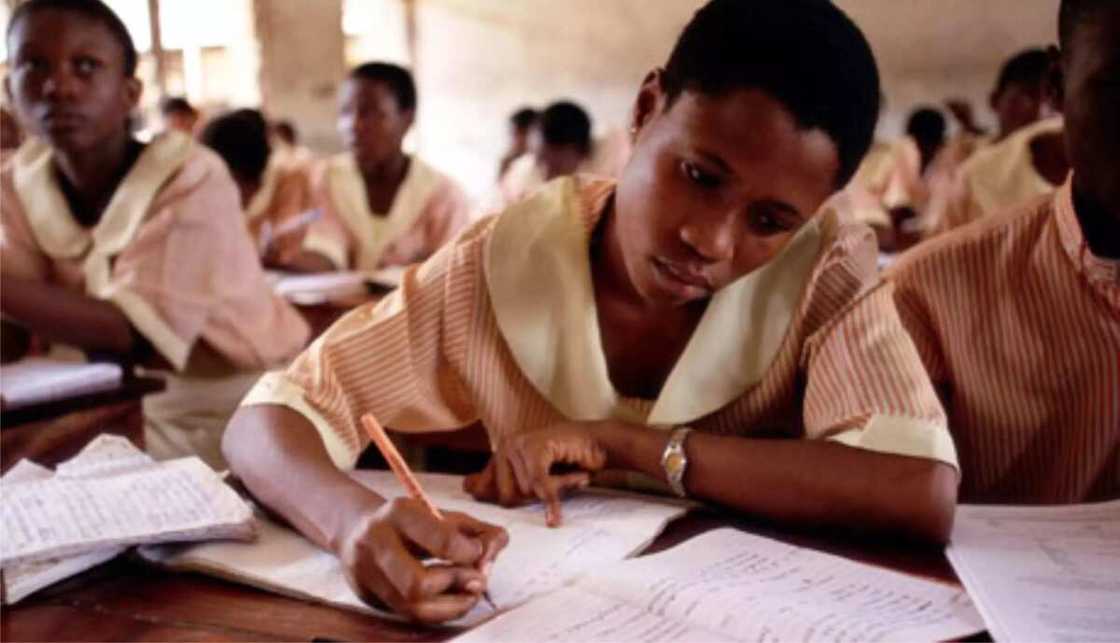
Most of the subjects (even English studies) are infused with topics of Consumer Education, lessons on road safety and on reducing the disaster risks.
Even though NERDC supposedly took into account the feedback from teachers, parents and students, the revised version caused a much bigger conundrum than its predecessor did.
You will also notice that the subjects presented in these curricula do not include history (be it Nigerian or the world history). This fact disappointed and angered many teachers and parents alike. However, no response or reaction was issued on the topic by the NERDC.
Another giant point of controversy rose on the topic of Religion and National Values subject. Many were outraged that Christianity Studies were no longer a stand-alone subject. As Christianity is a major religion in Nigeria, parents were upset about it being mashed together with Islam. That way, neither religion would get enough coverage, in their opinion. Almost three years have passed since the introduction of the revised curriculum, and this issue still has not been resolved.
Many are also concerned that children do not learn enough about what it is to be Nigerian. Parents lament the lack of traditional Nigerian imagery in the lessons. They are afraid that the children might forget what being Nigerian is supposed to mean, and they are the future of this country. They cannot afford to forget that.
BEC had some important goals to achieve. It was meant to be a step forward in the direction of poverty eradication, of increasing the literacy level and of preparing children for the better future. But has it achieved any of these things? Let’s consider the facts.
Is it working?
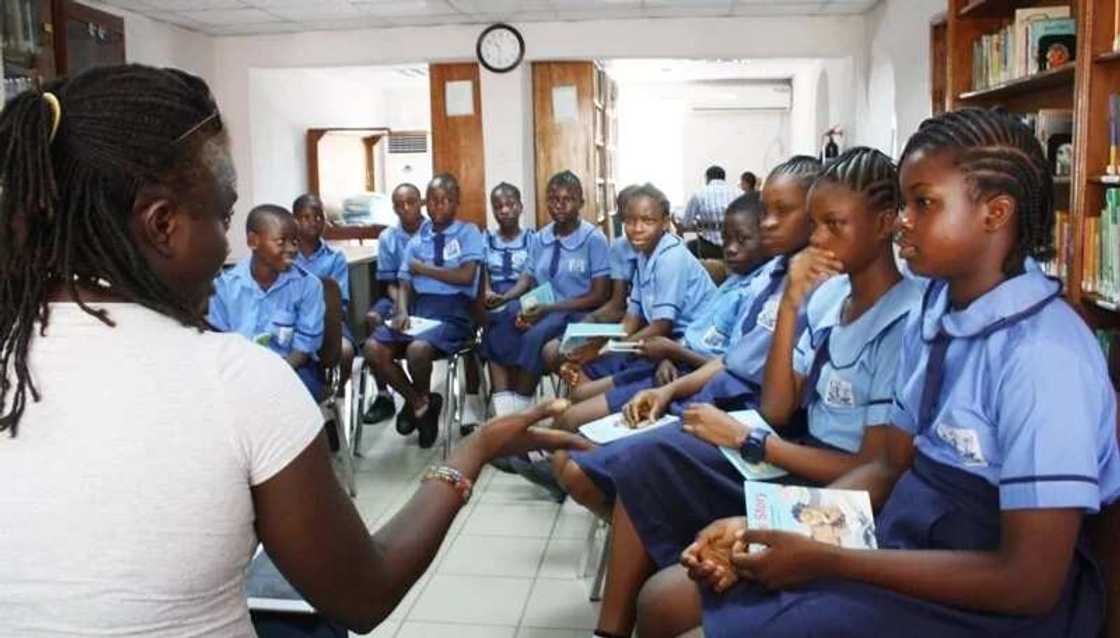
READ ALSO: Delta State University courses offered
Even though the new curriculum was created with good intentions, it has not yet proved to be as effective as it was planned. Most prominent problems are the absence of teachers for some of the courses, disparity between schools’ curricula and the universities’ requirements and courses being in the wrong sections.
NERDC promised to implement teaching courses that would provide the schools with the teachers for all of the disciplines. Despite that, many schools suffer from absence of teachers for such subjects as Civic Education, Security Education, or even PHE.
The new curriculum was meant to prepare children for the adult life. However, it does not prepare them for further education. What schools provide for their pupils in many cases is not enough to get into a university. They offer many theoretical courses and try to teach kids how to function in a society. However, schools do not give the required background that would suffice to pass the entrance exams.
On the last issue, here are many courses that seem to be placed in the wrong categories. For example, it is slightly weird that PHE is included in the BST segment. There is little to no connection between the two topics. PHE could have been a stand-alone subject, there was no immediate need to merge it with anything else. The same can be said for many others.
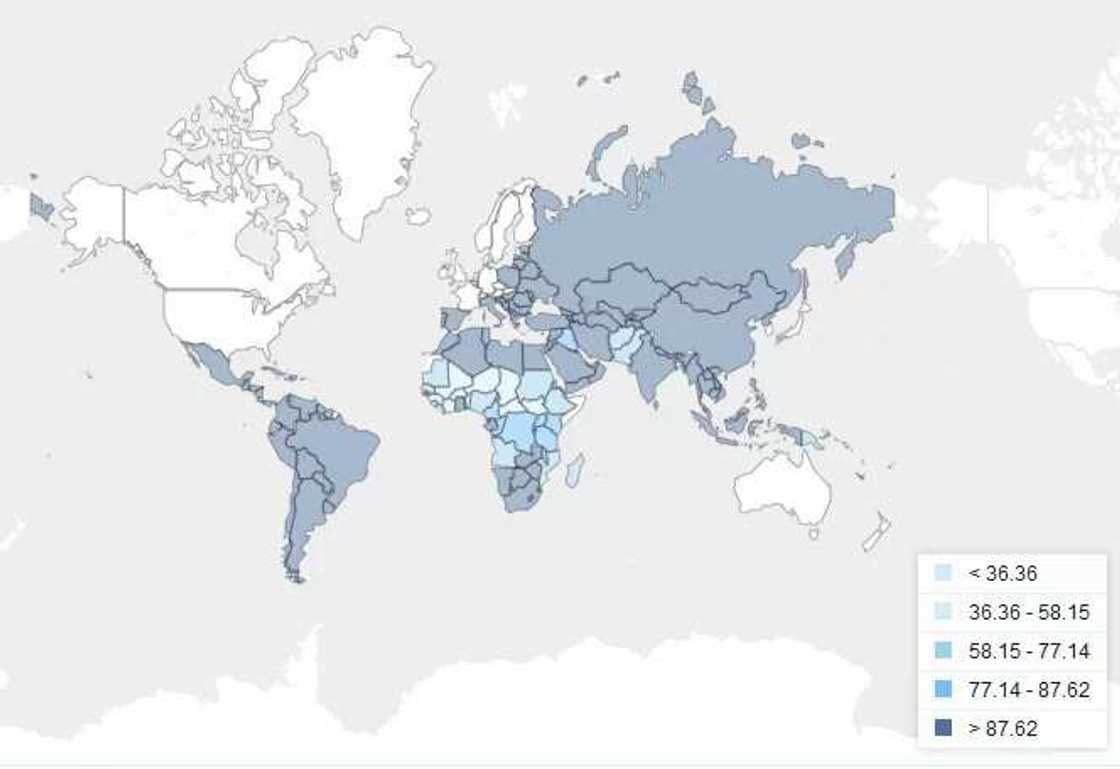
Education data Nigeria still shows that there is a problem with the education system. World Bank’s research of 2015 shows that only 72.8% of Nigerian youth is literate. It is better than in some other African countries (compared to the Ethiopia’s 69.5%), but the rest of the world is closer to 100% (for example, South Africa with their 99% or India with 89.6%).
The revised BEC was supposed to be a good thing. It should have been a major step in the right direction for education in Nigeria. Nevertheless, the many faults and pitfalls prevented it from doing so. Maybe if NERDC really listens to the parents, students and teachers, or conducts proper research, further curriculum revisions would be more successful. Therefore, we shall wait for further improvements of the basic education in Nigeria. We hope, the changes are coming.
READ ALSO: Top 20 secondary schools in Lagos
Source: Legit.ng


